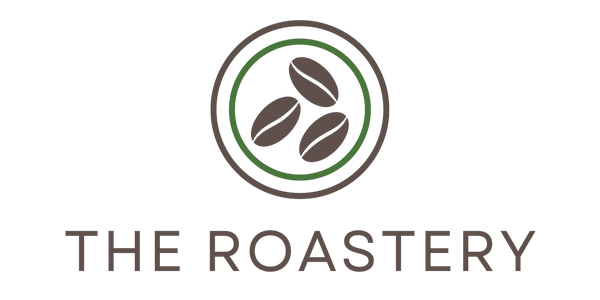
Gesha :: Worth the hype?
Christian JollyGesha is a variety of Arabica coffee that has often been regarded as one of the premier tasting experiences in the specialty coffee industry. Farmers, roasters, cafes and aficionados all ascribe Gesha (or sometimes "geisha") with nearly spiritual reverence.
But like many things in life, often we have to ask ourselves if it is worth the price of admission. A Toyota Corolla offers a different driving experience than a Bugatti Chiron, but at the end of the day they are both cars that can take you from one place to another. The reason for such diverse variety in cars is the same reason we have all the various ways to enjoy coffee: preference.
A Gesha coffee demands a higher cost all across the supply chain due to the rarity of this particular variety as well as the generally unique flavor characteristics in the cup.

ORIGINS & CULTIVATION
An Ethiopian-derived landrace variety, the first collection of Gesha was by the British in Ethiopia in the late 1930's in the mountainous regions of the same name (for better or for worse, Gesha/Geisha coffee has nothing to do with traditional Japanese female performance art).
Subsequently, the plant made its way from Tanzania to Costa Rica and ultimately to Panama, where it is now known as one of the peak offerings of the Central American country identified as the passageway between hemispheres.
While fairly resistant to common plant diseases that afflict many Arabica varieties, the plant is not nearly as productive and as such, not the first choice for farmers looking to make the most out of their acreage. It is, however, a great opportunity for a farm to position themselves in the upper tier of producers through various competitions highlighting signature coffees such as Gesha. This positioning can lead to better visibility for a farm and help sell larger volume, so the argument whether or not to set aside valuable land for a lower-producing variety is not entirely straightforward.
PRICE
Like the finest, rarest and most well-aged wines in the world, Gesha pricing can climb rapidly. In auctions, award-winning and high-scoring lots of Panamanian Gesha have commanded between $100 and $1,000 per pound for unroasted coffee.
Outside of Panama, pricing (and quality) varies greatly. Nowadays, you can find many farmers in all growing regions of the world offering a Gesha coffee. We recently acquired a small lot of Honduras Gesha that is a good balance of traditional Gesha characteristics (albeit at a more approachable price than many of the highest scoring cups in the world).

...BUT IS IT ANY GOOD?
The fact is, price isn't a great indicator of value or quality on any product, let alone coffee, since price can itself be influenced by many facets of supply and demand. It is, however, a hint in most cases and as you might suspect, Gesha coffee tends to be really really good.
Generally, you can expect very noticeable floral notes, along with a rich, creamy mouthfeel and a fruit-like sweetness. These notes are always going to vary based on processing type (often washed) as well as roast profile (generally light-to-medium); additionally, you can expect the intensity of these notes to increase mostly along the line of price.
As with the aforementioned premium wines and exotic cars, whether or not it is worth the additional cost is a personal preference. Premium specialty coffee is already relatively inexpensive to enjoy compared with most decadent luxuries in food and beverage (consider that even at a mid/high range of $100 per pound, you're still generally looking at a cost of about $4.00 per 10 oz serving).
I would personally recommend starting with a Gesha from a non-Panamanian source, drop the $30-$80/lb you can expect to spend for medium-high scoring alternative origins, and treat yourself to one of the more unique and smooth coffees you can expect to find.
